What are bacteriophages, the mysterious viruses that can act as both poisons and medicines in the human body?

There are countless viruses in nature, including
Why Scientists Are Puzzled By This Virus - YouTube
Humans are living organisms made up of up to 40 trillion cells, each of which harbors a diverse range of bacteria that perform functions such as synthesizing vitamins in the intestines, neutralizing acid in the mouth, and balancing the immune system.

These bacteria can multiply uncontrollably and cause serious diseases if left unchecked, which is why we need predators to keep our bodies' populations healthy.

Viruses play this role, and there are countless viruses in the human body, said to number at least 10 trillion.

The human body is said to harbor at least trillions of viruses in its intestines, about 18 billion on its skin, and 100 million in each drop of saliva.

Previous research has shown that the virus also lives in the cerebrospinal fluid that surrounds the nerves and brain.

However, most of these viruses do not have an immediate adverse effect on humans. At least 97% of the viruses present in the intestines are considered to be viruses called 'bacteriophages' that specialize in killing normal bacteria.

One of the most important jobs of bacteriophages is to kill bacteria in the body and control the bacterial population. When a bacteriophage finds a bacterium inside the body, it grabs the bacterium with its six legs and releases its DNA.

As a result, the bacteria transform into factories that produce new bacteriophages. Eventually, the bacteria bursts and releases new bacteriophages, thus regulating the number of bacteria in the body.
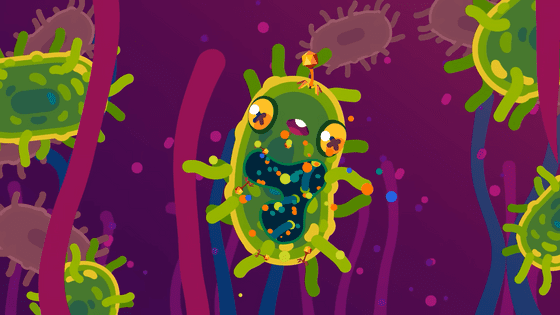
Some bacteriophages also inject DNA into bacteria, helping them perform beneficial functions in the human body.
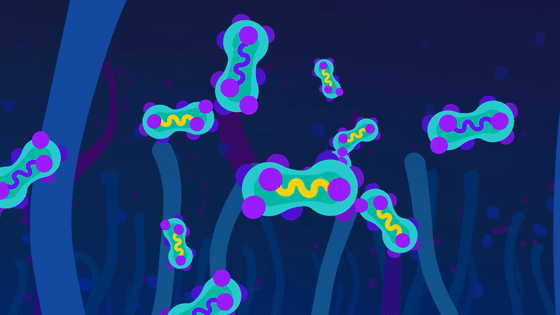
These DNA-injected bacteria are said to be involved in supporting the intestinal mucus layer, breaking down carbohydrates more efficiently, and producing substances that protect the body against inflammation.

This function is believed to prevent allergic reactions and protect the body from autoimmune diseases.
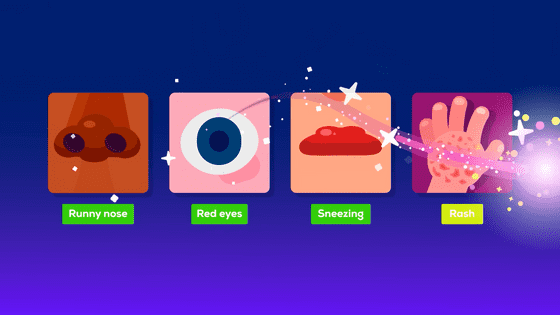
However, it has also been reported that bacteriophages carrying dangerous DNA can turn bacteria into something dangerous to human health.

The cholera bacteria present in the body are normally harmless to humans, but when the CTXφ bacteriophage carrying the cholera toxin DNA is injected into the cholera bacteria, it begins to produce cholera toxin, causing serious health problems for the human body.
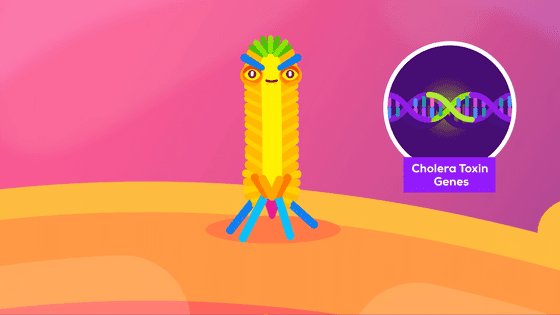
Cholera toxin acts on intestinal cells, releasing large amounts of salt, which causes a large amount of water to flow into the intestines, resulting in severe diarrhea and vomiting, leading to dehydration, and if treatment is delayed, the mortality rate is thought to increase to about 50%.

In addition, bacteriophages carrying the cholera toxin DNA are excreted from the patient's body through diarrhea or vomit, and have the dangerous property of being able to infect and multiply in nearby people.
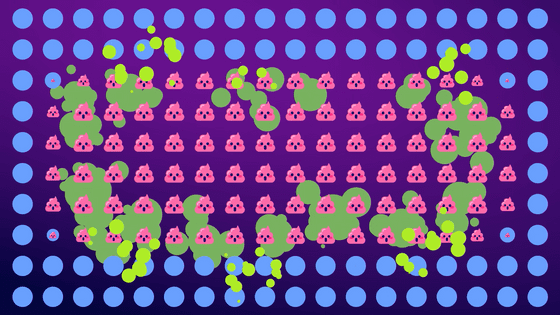
Similarly, when S. aureus is injected with dangerous DNA such as toxins by the φSa3ms bacteriophage, it hyperactivates immune cells and triggers the release of large amounts of

Some bacteriophages are 'viruses that may be useful in fighting cancer. Some bacteriophages target specific adaptations of cancer cells and, once they have confirmed the death of the target cancer cell, they will switch to other nearby cancer cells and continue their attack.
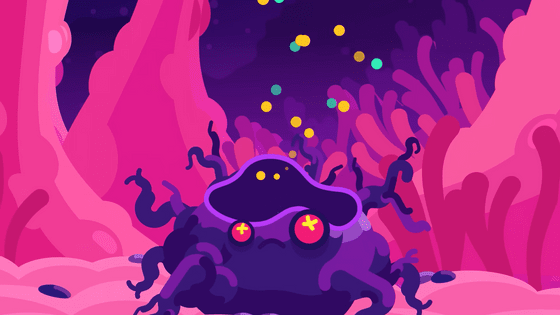
It has been suggested that oncolytic viruses with these properties will be important tools in the fight against cancer.
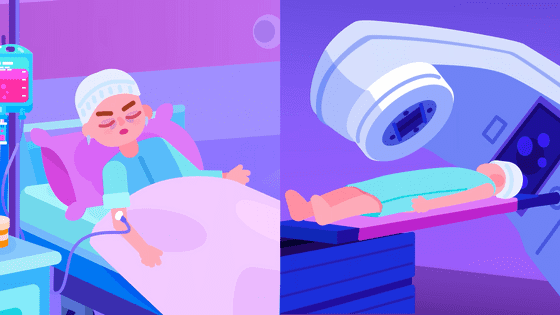
Related Posts:







